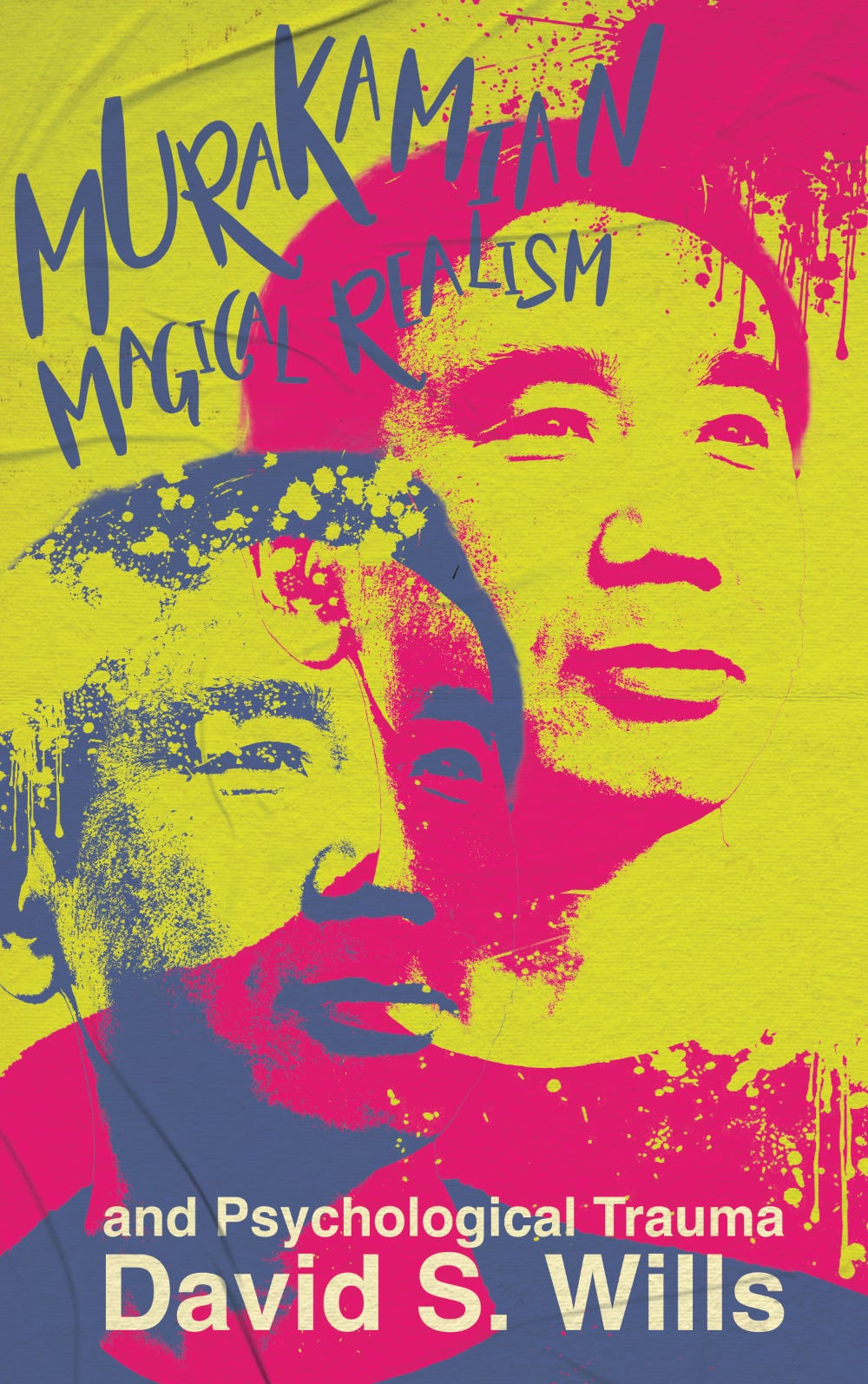Can you think of a Murakami protagonist who does not suffer from some kind of psychological trauma?
Take a moment…
It’s not easy, is it?
I can’t think of a single one. In fact, even his secondary characters are usually troubled by some awful event from their past. It might be an obvious one (grief, abandonment, sexual abuse) or a more subtle one (generational disaffection, social alienation) but every protagonist and most secondary characters in the novels of Haruki Murakami are psychologically traumatised. It could well be argued that this is his primary theme as a novelist.
Now let’s think about why Murakami is so popular.
Why do millions of people in dozens of countries wait impatiently for his next novel? Why do his tales of isolated, apathetic Japanese men resonate so well with people of all backgrounds? Why does his dreamlike prose speak so readily to people regardless of culture and language?
I would contend that Murakami has tapped into something universal. His stories convey ideas that appear, on the surface, culturally specific, but which are in fact relatable for most of the people in this world.
Specifically, it seems to me that Murakami has formed a style of writing that is unusually adept at capturing the causes and symptoms of psychological trauma. He has managed to dig deep into the human psyche and find something that unites us, regardless of race, religion, gender, or sexuality. He has tapped into something beneath the surface, something so powerful that it captivates readers almost all over the world.
This is something he seems to have realised when writing Colorless Tsukuru Tazaki and His Years of Pilgrimage:
One heart is not connected to another through harmony alone. They are, instead, linked deeply through their wounds. Pain linked to pain, fragility to fragility. There is no silence without a cry of grief, no forgiveness without bloodshed, no acceptance without a passage through acute loss. That is what lies at the root of true harmony.
In Murakamian Magical Realism and Psychological Trauma, I explain how trauma caused Murakami to begin writing, then shaped his writing over the next few decades. I show how he dealt with his own personal agonies before moving on to help others deal with theirs.
It is my contention that Murakami’s style of writing (which I term “Murakamian Magical Realism”) is uniquely capable of providing insight into the traumatised mind. It allows us to feel empathy for people whose experiences are utterly different from our own and often allows us to project our suffering onto his characters, essentially placing ourselves into these enthralling and often inspiring tales.
This book divides Murakami’s career into two stages: Detachment (a period encompassing his first seven novels) and Commitment (a period spanning the next seven). It shows how the first half of his career looked at individual problems and the second half looked at societal ones.
Murakamian Magical Realism and Psychological Trauma is available on Amazon, Kobo, and Smashwords.




